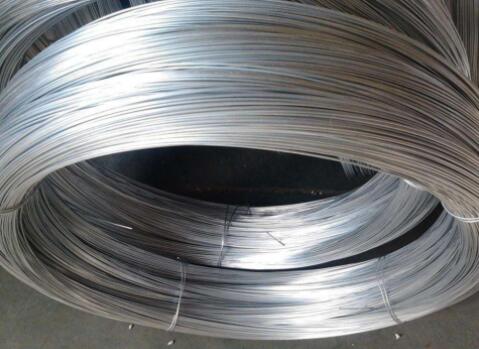Understanding Sintered Mesh Screens A Comprehensive Guide
Sintered mesh screens have emerged as crucial components in various industrial applications due to their exceptional durability, efficiency, and versatility. These screens, often made from stainless steel or other alloys, are fabricated through a process that involves the sintering of metal powders into a porous structure, resulting in a robust mesh that offers a myriad of benefits.
One prominent feature of sintered mesh screens is their high permeability. The interconnected pore structure allows for the easy passage of liquids and gases while simultaneously filtering out particles as small as a few micrometers. This characteristic makes them ideal for diverse processes, including filtration, separation, and catalyst support in industries ranging from pharmaceuticals to petrochemicals.
The manufacturing process of sintered mesh screens typically involves layering multiple sheets of metal mesh, followed by a controlled application of heat to fuse the layers together. This sintering process enhances the screen's strength and stability, making it resistant to deformation under high pressure or temperature conditions. As a result, sintered mesh screens can endure hostile environments while maintaining consistent performance.
sintered mesh screen

Another significant advantage of sintered mesh screens is their customization potential. Manufacturers can tailor mesh sizes and thicknesses to meet specific application requirements. Whether it’s a filter that needs to capture fine particulate matter or a screen designed for more coarse separation, sintered meshes can be designed to optimize efficiency and effectiveness.
In addition to their practical applications, sintered mesh screens are also easier to clean and maintain than traditional filters. Since they are constructed from solid materials, they can be backwashed or subjected to chemical cleaning processes without fear of damaging the structure. This longevity and reusability contribute to reduced operational costs and lower environmental impact over time.
Key industries leveraging the advantages of sintered mesh screens include water treatment, food processing, and manufacturing. In water treatment, for instance, they serve as reliable barriers to contaminants, ensuring safe drinking water. In the food industry, sintered screens aid in the separation of solids from liquids, contributing to product purity and safety.
In conclusion, sintered mesh screens represent a sophisticated solution for filtration and separation needs across various sectors. Their unique combination of strength, permeability, and customization options makes them an invaluable tool in modern industrial processes, ensuring efficiency and reliability that industries can depend on. As technology advances, the potential applications for sintered mesh screens are likely to expand, further solidifying their role in innovative industrial solutions.

















